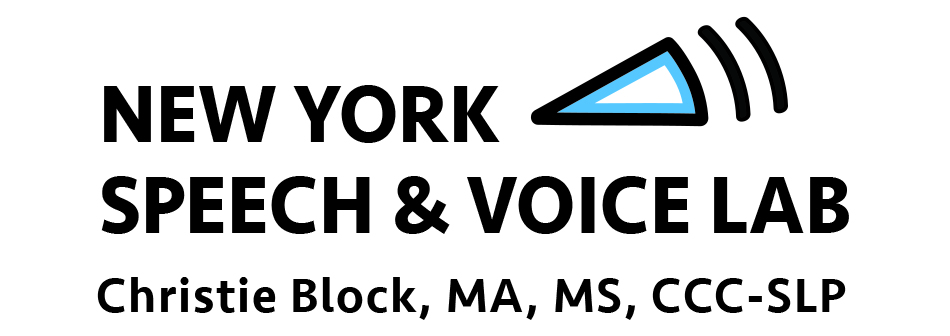Do you talk to yourself in your head? What does it sound like? This common practice can sometimes be overlooked when learning to modify one's speaking voice. The voice in your head may not have a sound to you, but if it does, it may sound more like an undesired, unmodified voice and less like the speaking voice that is changing and serving you better. In that case, aligning your inner voice with those outer changes may help you achieve more overall progress and vocal satisfaction.
How can that happen? Basically, the outer and inner voices can help each other. Simply apply your voice modification techniques to your inner voice, using what you hear aloud to shift what you hear silently as well. In this way, the outer voice can lead the inner voice to carryover those new talking patterns to those private thinking moments, closer to your inner self and your inner feelings.
And how can the inner voice help the outer voice? Hearing your modified voice in your head gives the brain more 'talking time' to form new neural pathways for voice. As such, the inner voice can help to make the outer voice more reliable than before, as a more engrained habit. And in a very practical sense, your inner voice can be integrated with your voice commands, such as hearing a higher pitch in your head, not just thinking a higher pitch. This can be a way to rehearse something before saying it, whether in a practice session or a real situation.
So, let's consider a few ideas for practice and daily talking. It's easier than you might think!
Task 1: Pick a single voice technique (or set of techniques), and practice it by reading single sentences two times in a row each, first silently, then aloud. Let's stick with higher pitch as an example: Aim your pitch higher when reading one sentence silently and then aloud. Other techniques may target articulation or resonance, in which case, you could also mouthe the words when practicing the silent part to help the brain adapt new tongue placement patterns.
Task 2: Do the same as above, but instead of reading, count or say the days of the week two times in a row, first silently, then aloud.
Task 3: Similarly, talk to yourself silently about something for one or two sentences, then aloud.
Task 4: Do you find that your silent self-talk is negative? Try reading uplifting texts or saying positive affirmations as your practice or daily routine. In this way, you are working on self-esteem as well as voice!
Task 5: Say "good morning" and "good night" to yourself silently with your modified voice.
Task 6: If you notice that you are talking to yourself in an unmodified voice, immediately shift it if you can.
Task 7: If you are in a real speaking situation and need a little voice boost to get started or get back on track, say "hmm" in your head for a moment, in your best modified voice, before starting to speak.





